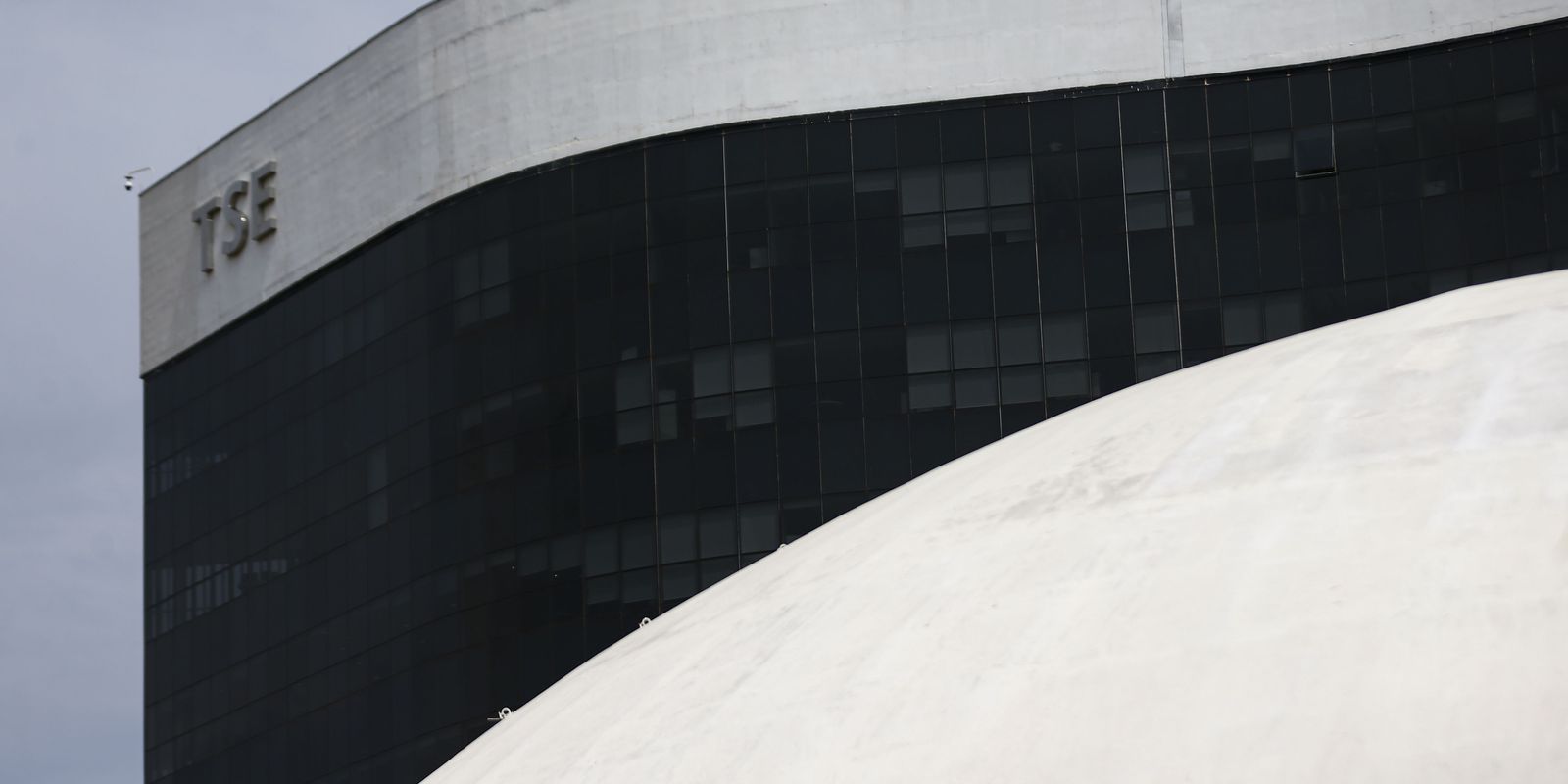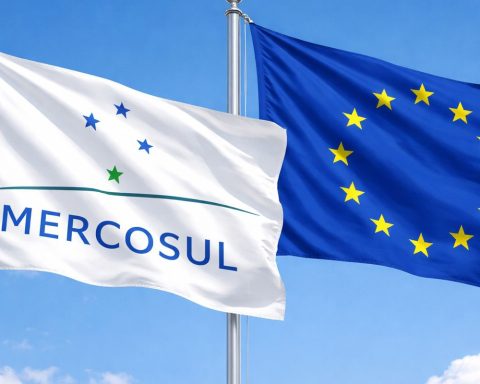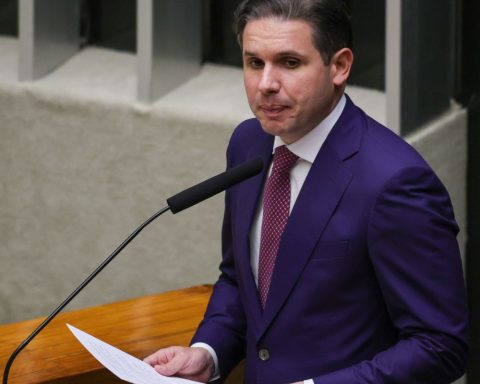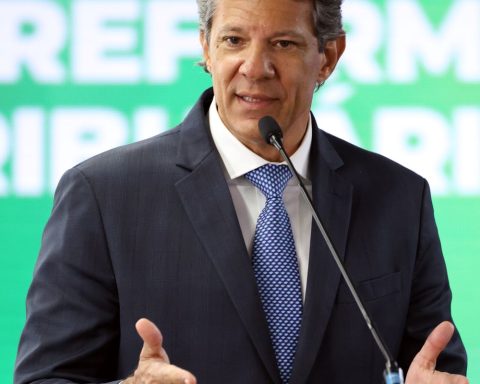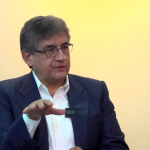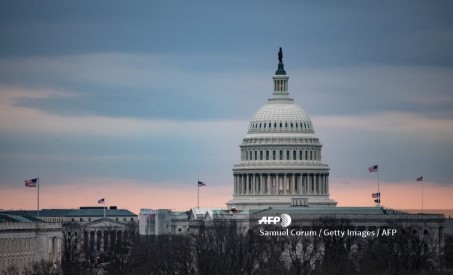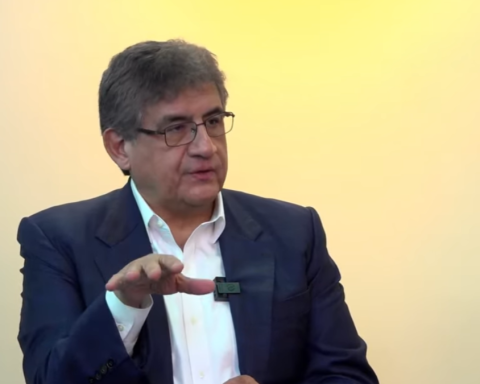The Superior Electoral Court (TSE) unanimously approved a resolution that gives the Electoral Justice more celerity to remove fake news (fake news) in websites and social networks.
During today’s session (20), the president of the court, Alexandre de Moraes, said that, given the “increase in fraudulent news” and hate speech observed during the second round of these elections, he will invite representatives of the two presidential campaigns to a conversation.
Moraes said that “there was a 1,671% growth in the volume of complaints and disinformation, forwarded to digital platforms, compared to the last election of 2020”
“There was also a need to publish more than 130 new articles with denials and clarifications about cases of misinformation and fraudulent news, not only from one candidate in relation to the other, but in relation to the fairness of the electoral process. In a relative first moment [à suspeição] of the polls”, said the president of the Court.
“It seems that this has already been remedied, with a decrease in these fake newsbut [foi identificado] what [as notícias falsas] began to be directed to electoral polls. In other words, there is still disinformation”, added Moraes, also reporting “an increase in episodes of political violence via social networks of 436%”, he said, using the 2018 campaign as a basis for comparison.
immediate removal
According to the resolution passed this Thursday, content already considered false by the court itself may be removed from the air immediately, when republished in other websites, without the need to open a new lawsuit or judgment, within a period of up to two hours. On the eve of the election, this period can be reduced to one hour.
“When a person obtains judicial authorization to remove something untrue, untrue, injurious, and realizes that this has been multiplied, the extension is requested. [dessa decisão] for identical content. That is exactly what we will do from now on,” said the minister.
Another point provided for by the resolution is the possibility of suspending channels that repeatedly broadcast fake news. The speed in these processes will be possible thanks to partnerships signed between the court and some social networks.
The TSE also prohibited the placement of electoral propaganda on the internet 48 hours before and 24 hours after the election. The decision was taken after the court found that blogs and websites would have been paid to do posts and advertisements.
“We all know that electoral legislation prohibits electoral propaganda in the 48 hours before the election and in the 24 hours after the election. The legislation exempts the issue of electoral propaganda on the internet. Except that only exceptions this in free electoral propaganda. However, we see an exponential increase in the monetization of blogs and websites interactive platforms that receive money to carry out this electoral propaganda. So, as long as it is found that internet advertising is not free, [esses sites] will also be prohibited [de fazer propaganda eleitoral nos prazos descritos]”, explained the minister.
Moraes said that he has already discussed these matters with representatives of social networks, and that he will meet with the lawyers of the two candidates, who were present at the session: “this will be well specified to avoid, later, any accusation of abuse of political or economic power using the Internet”.
